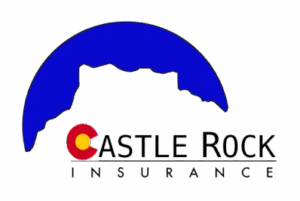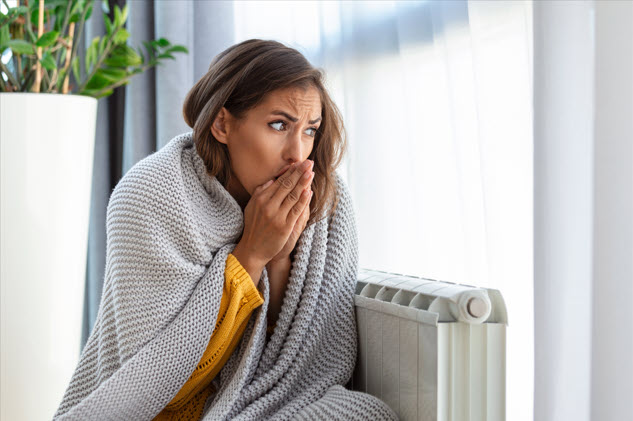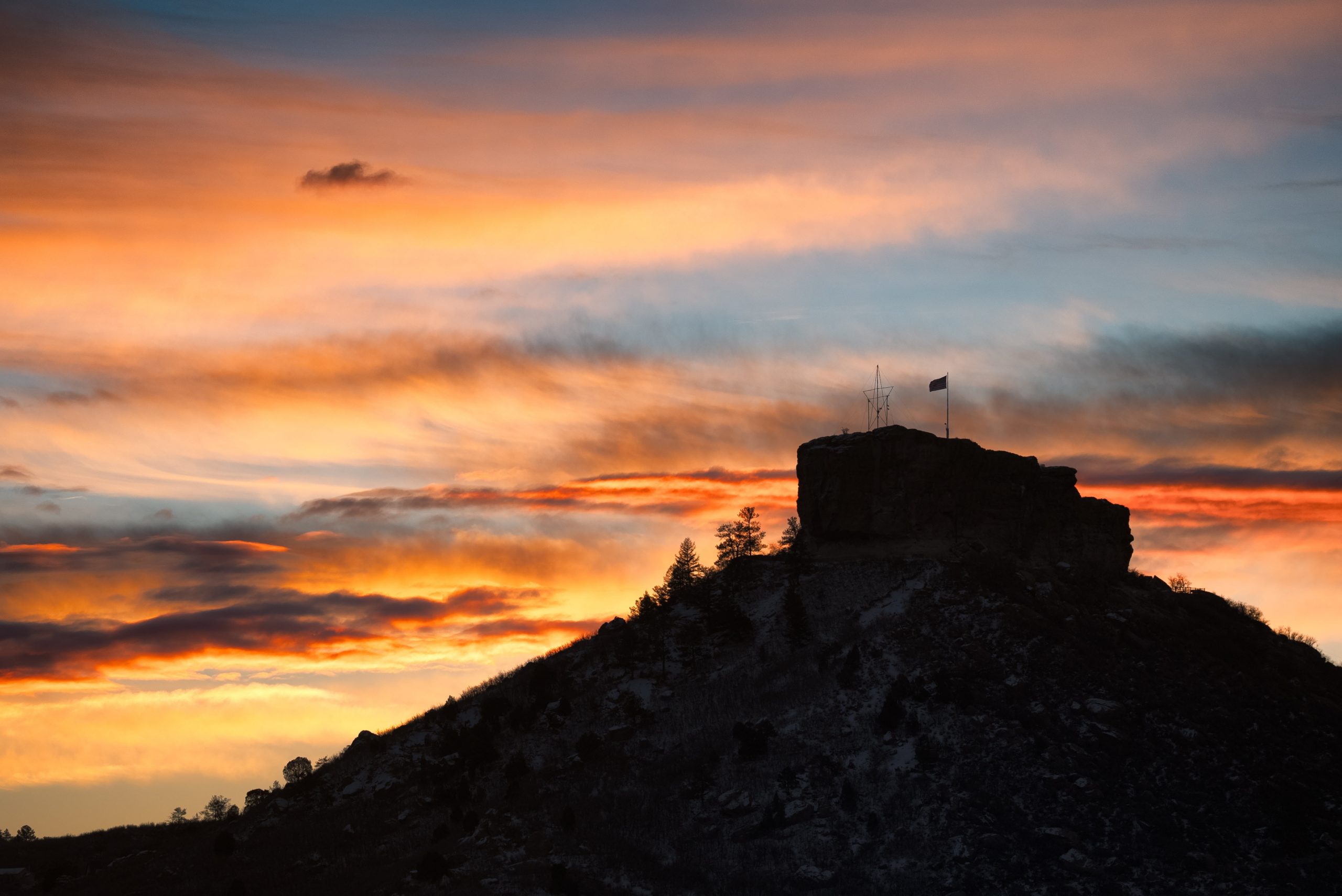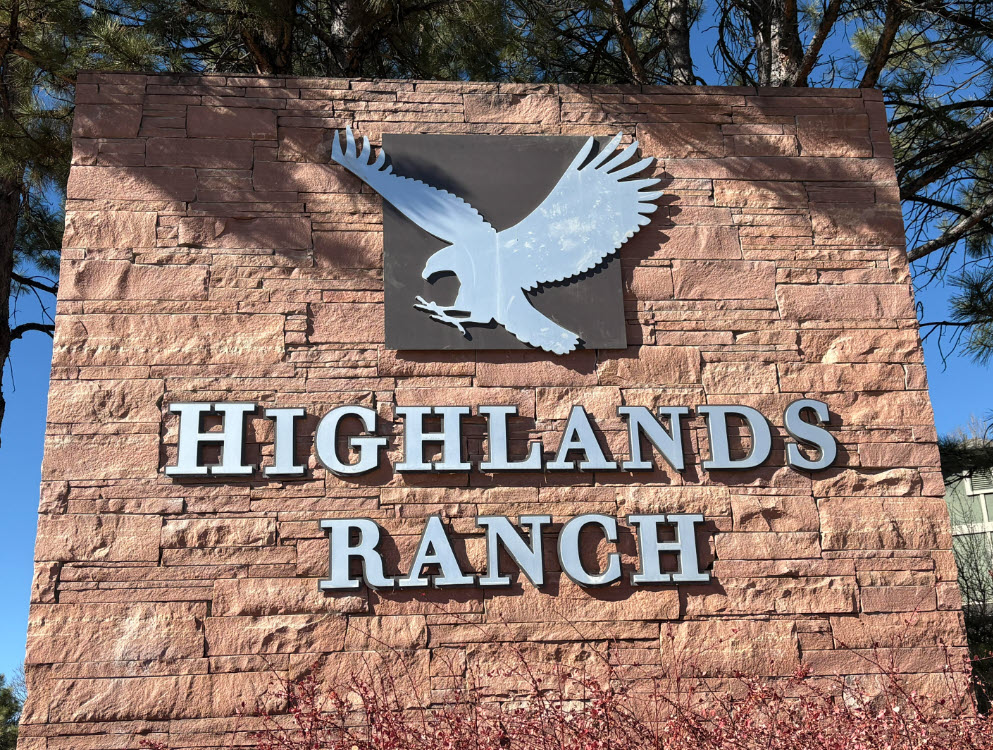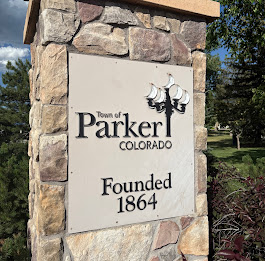Colorado’s recent stretch of below-freezing temperatures has brought its winter beauty to life but also highlighted the challenges of living in a state known for its high altitudes. In areas like the Rockies, where the cold hits harder and snow piles up quickly, homes face increased risks from frozen pipes, ice dams, and overburdened heating systems. The combination of extreme temperatures and higher elevations demands extra precautions to keep homes safe and functional. Preparing for these unique winter conditions isn’t just about staying warm—it’s also key to protecting your property and avoiding costly insurance claims.
Cold Weather Risks for Colorado Homeowners
Winter in Colorado is a beautiful season, but the freezing temperatures, heavy snowstorms, and icy conditions can be tough on homes—especially in higher-altitude areas. Being aware of some common winter risks can help you better prepare your home and avoid costly headaches.
Frozen Pipes
When temperatures dip below freezing, water pipes are at risk of freezing—and when water freezes, it expands. This can lead to cracks or bursts in the pipes, causing serious water damage to your home. Areas like basements, attics, and garages, or older plumbing systems, are especially vulnerable. A burst pipe isn’t just inconvenient—it can result in thousands of dollars in repairs, so insulating pipes and keeping your home warm are must-dos.
Roof Damage
Snow-covered roofs may look picturesque, but heavy snowfall and ice can put your roof under a lot of stress. Ice dams, which form when melting snow refreezes at the roof’s edges, can trap water and force it under shingles, leading to leaks and even structural damage. Flat roofs or roofs with poor drainage are particularly at risk. Regularly clearing snow and checking for weak spots can help keep your roof in good shape all winter long.
Slip-and-Fall Liability
Icy driveways and walkways can quickly turn into hazards, and as a homeowner, you’re responsible for keeping them safe. If someone slips and falls on your property, you could be held liable for their injuries. Even small patches of untreated ice can lead to big problems, so regularly shoveling snow and applying salt or sand to icy spots can go a long way in protecting both you and your visitors.
Fire Risks
When the temperature drops, fireplaces, space heaters, and heating systems work overtime to keep homes warm. But they can also increase the risk of house fires. Chimneys with built-up creosote, space heaters placed too close to flammable materials, or overworked furnaces can all lead to dangerous situations. Simple steps like cleaning your chimney, following safety guidelines for space heaters, and getting your furnace checked can help keep your home cozy—and safe.
Why Preparing for Winter Matters: A little preparation—like insulating pipes, clearing snow and ice, and maintaining your heating system—can save you time, money, and stress. Plus, showing your insurance provider that you’re taking steps to protect your home might even help keep your premiums lower. With a bit of planning, you can enjoy Colorado’s winter beauty without worrying about what it’s doing to your home!
Steps to Protect Your Home from Winter’s Chill
Colorado winters can be stunning, but they also demand extra care to keep your home safe and functional. Here are some practical and straightforward steps to protect your home during the colder months:
1. Prevent Frozen Pipes
Frozen pipes can cause significant water damage, but a few simple steps can help you avoid this costly problem:
- Insulate Exposed Pipes: Wrap pipes in unheated areas like attics, basements, and crawl spaces with foam or fiberglass insulation. This helps maintain water flow even during extreme cold.
- Let Faucets Drip: Allowing a slow trickle of water to run from faucets during freezing temperatures keeps water moving, reducing the risk of freezing.
- Set Your Thermostat: Keep your home’s thermostat at a minimum of 55°F, even when you’re away. Consistent heat prevents indoor pipes from reaching dangerously low temperatures.
- Open Cabinet Doors: For pipes under sinks, especially those located along exterior walls, open cabinet doors to let warm air circulate around the pipes.
2. Safeguard Your Roof and Gutters
Your roof and gutters take a beating during Colorado winters, but regular maintenance can protect them:
- Clear Snow Accumulation: Use a roof rake to remove heavy snow and prevent ice dams. Be careful to avoid damaging shingles in the process.
- Install Heating Cables: Heated cables along roof edges and gutters can melt snow and ice, preventing dangerous buildups that lead to leaks and water damage.
- Check and Clean Gutters: Clear gutters of debris before winter hits so melting snow can drain properly. Clogged gutters increase the risk of ice dams and water damage.
- Schedule Inspections: Have a professional inspect your roof annually to identify weak spots, loose shingles, or potential trouble areas that could worsen under snow and ice.
3. Maintain Heating Systems
Your heating system is your home’s lifeline during winter, so it’s essential to keep it in top shape:
- Annual Furnace Tune-Up: Have a professional inspect and service your furnace to ensure it can handle extended use during freezing weather.
- Replace Filters: Change your furnace filters every 1–3 months. Clean filters improve airflow, reduce strain on the system, and keep your home warm efficiently.
- Use Space Heaters Safely: If you rely on space heaters for extra warmth, place them on flat, non-flammable surfaces and keep them away from curtains, furniture, and bedding. Never leave space heaters unattended.
- Seal Drafts: Use weather stripping or caulk to seal gaps around windows and doors, reducing the strain on your heating system and keeping your home cozy.
Why These Steps Matter
Taking these precautions can save you from unexpected repairs and ensure your home stays safe and warm all winter long. Plus, many of these steps can lower the likelihood of filing an insurance claim—something your insurer will appreciate! With just a little preparation, you can enjoy the beauty of Colorado’s winters while keeping your home protected from the chill.
Staying Optimistic and Boosting Your Immunity During Cold Days
Winter’s shorter days and colder temperatures can sometimes bring a dip in mood and energy. However, with a few simple strategies, you can stay optimistic, improve your mood, and even give your immune system a boost to keep you feeling your best throughout the season.
Stay Optimistic with Mood-Boosting Techniques
- Soak Up Natural Light: Spend time outside during daylight hours or sit near a sunny window. Natural light helps regulate your body’s internal clock and boosts your mood.
- Stay Active: Even in cold weather, regular physical activity releases endorphins, the body’s natural mood lifters. Try indoor workouts, yoga, or even brisk walks outside if conditions allow.
- Stay Connected: Reach out to friends and family through calls, video chats, or in-person visits to maintain a sense of connection and combat feelings of isolation.
- Practice Gratitude: Take a moment each day to reflect on what you’re thankful for. Writing down positive moments in a journal can help shift your mindset to focus on the good things in life.
Boost Your Immunity
Cold days can be tough on your immune system, but there are plenty of ways to strengthen your defenses and stay healthy:
- Eat Immune-Boosting Foods: Incorporate plenty of fruits and vegetables rich in vitamin C (like oranges, bell peppers, and spinach) and zinc (found in nuts and seeds) to give your immune system the nutrients it needs.
- Stay Hydrated: Drink plenty of water, herbal teas, or warm broths to stay hydrated and keep your body functioning well, even in dry winter air.
- Prioritize Sleep: A good night’s sleep helps your body repair and recharge, making your immune system stronger. Aim for 7–9 hours of sleep each night.
- Take Vitamin D: With less sunlight during winter, many people don’t get enough vitamin D, which is vital for immune health. Supplements or fortified foods can help fill the gap.
- Stay Active: Moderate exercise, such as walking or stretching, helps circulate immune cells and reduces stress, which can weaken your defenses.
Why Wellness Matters in Winter
Focusing on your physical and mental health during the colder months not only helps you avoid seasonal colds and flus but also keeps you feeling positive and energized. By incorporating small but impactful habits into your daily routine, you can make the most of winter while staying healthy and happy.
How Cold Weather and Snow Impact Insurance Rates
Colorado’s snowy winters bring more than just picturesque landscapes—they also contribute to higher risks on the road and at home. These risks are reflected in insurance rates, as cold weather and snowstorms increase the likelihood of claims for accidents, property damage, and liability incidents. Understanding these factors can help you make informed decisions about your coverage and prepare for winter’s unique challenges.
Snowstorms and Auto Insurance Rates
Winter driving in Colorado is no small feat. Snowstorms and icy roads significantly increase the risk of car accidents, leading to higher auto insurance premiums in areas that frequently experience severe winter weather. Here are some eye-opening statistics:
- Accident Frequency: According to CDOT (Colorado Department of Transportation), snow and ice contribute to over 22,000 crashes annually in Colorado, with a significant spike during peak snowstorm months.
- Fatal Accidents: Nearly 20% of weather-related road fatalities in Colorado are tied to icy or snowy conditions, underscoring the dangers of winter driving.
- Increased Repairs: Collisions caused by snow and ice often lead to expensive repairs, such as fixing bumpers, alignment issues, and damage from spin-outs or pileups.
- Claims Surge: Insurers often see a surge in claims during the winter months, leading to higher premiums in regions with frequent snowstorms.
Drivers who take precautions, such as installing snow tires, using anti-lock braking systems, and avoiding non-essential travel during snowstorms, may be eligible for discounts or lower rates.
Cold Weather’s Impact on Home Insurance
Winter weather also affects home insurance rates, as snow and freezing temperatures increase the risk of property damage. Here’s how cold weather can lead to higher premiums:
- Water Damage Claims: Burst pipes from freezing temperatures are one of the most common winter-related claims. Homes with older plumbing or inadequate insulation are particularly vulnerable.
- Roof Repairs: Heavy snow can strain roofs, leading to leaks or even collapse. Ice dams, which form when melting snow refreezes at roof edges, can cause water to back up into homes.
- Liability Risks: Icy walkways increase the likelihood of slip-and-fall incidents, which can result in expensive liability claims against homeowners.
- Fire Hazards: Increased use of fireplaces and heating systems during winter can lead to house fires, another common cause of insurance claims in colder months.
How to Minimize Risks and Control Costs
While winter weather can drive up insurance rates, taking proactive steps to minimize risks can help offset costs:
- Install winter tires or chains and practice safe driving during snowstorms.
- Insulate pipes and maintain heating systems to prevent water damage and breakdowns.
- Clear snow and ice from roofs, gutters, and walkways to prevent structural and liability issues.
- Consider raising your deductible or bundling home and auto policies to save on premiums.
Stay Protected This Winter
Cold weather and snowstorms are a part of life in Colorado, but understanding how they affect your insurance rates can help you stay prepared. Whether it’s taking steps to reduce risks at home or practicing safe driving habits, being proactive keeps you safer and can prevent unnecessary costs. With winter in full swing, this might be a good time to get an insurance quote to ensure you have the right coverage for the season’s challenges.
As Colorado embraces the beauty of winter, it’s essential to stay prepared for the unique challenges it brings. From freezing temperatures and snowstorms to the increased risks they pose to your home and daily life, proactive steps can make all the difference. By protecting your property, improving your wellness, and practicing safe habits, you can enjoy the season with peace of mind. And with the heightened impact of winter on insurance rates, this might be a great time to review your policies and get an insurance quote. Staying ahead of the curve ensures you’re ready for whatever winter has in store, keeping you and your home safe all season long.
